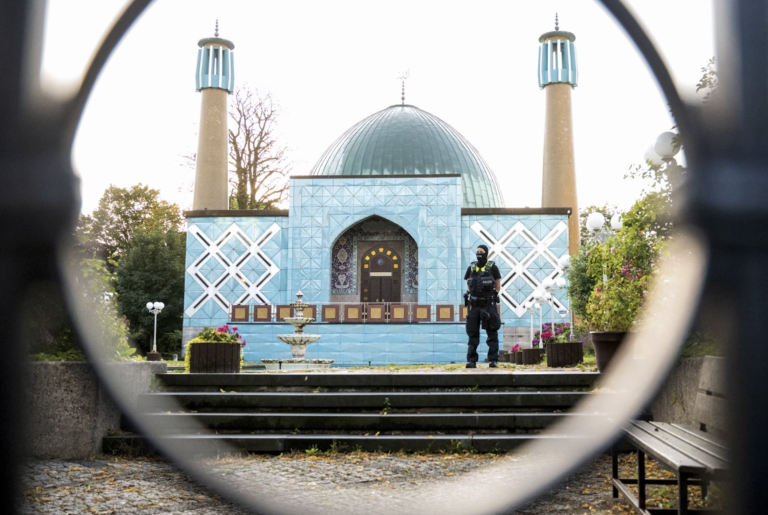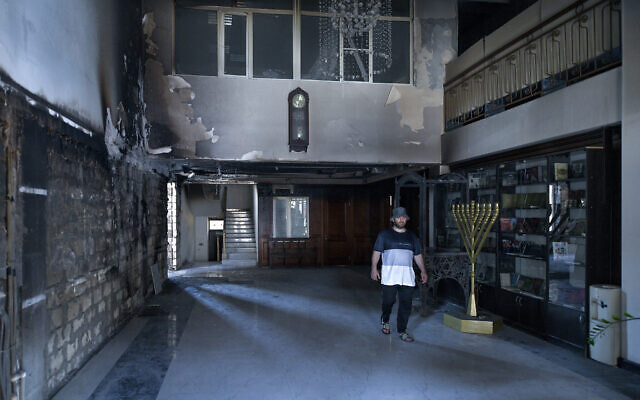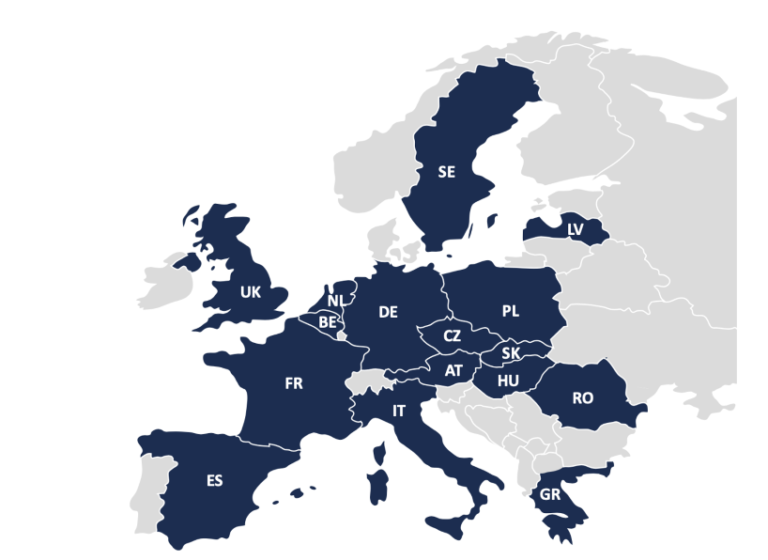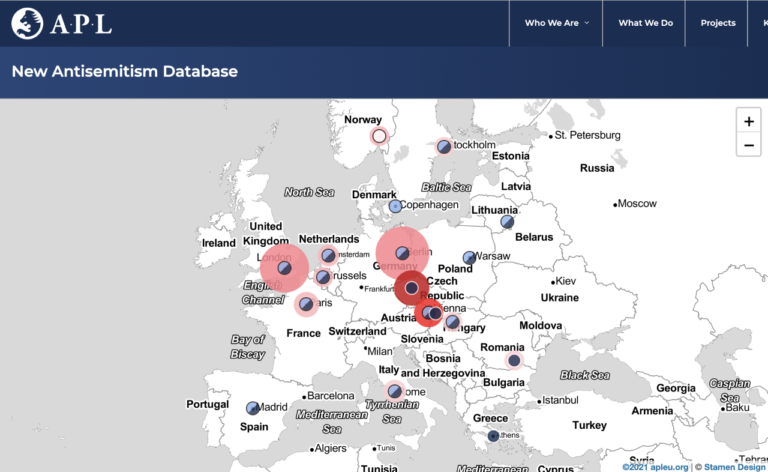According to the recently published research of Germany’s Department for Research and Information on Antisemitism (RIAS) published, 2,738 antisemitism incidents took place in the country in 2021.
On Tuesday June 28, Germany’s Department for Research and Information on Antisemitism (RIAS) published shocking research findings about the significant rise of antisemitic incidents in the country last year. According to their data, 2,738 antisemitic cases were recorded in 2021, which equals to an average of seven cases of Jew-hatred each day.
In contrast, in 2020, 1,957 cases of antisemitism were documented. The increase in outbreaks between 2020 and 2021 was an astounding 40%, reports The Jerusalem Post.
The 68-page report cited Israel 147 times. German Muslims produced severe cases of violent and nonviolent antisemitism during Israel’s self-defense war against Hamas rocket attacks in May 2021. RIAS documented that 17% of the antisemitic incidents can be attributed to right-wing extremists. Similarly to other countries, Germany also saw a rise in anti-Jewish conspiracy theories revolving around the coronavirus pandemic.
In the Bavarian capital of Munich, anti-Israel protesters promoted genocidal antisemitism. According to RIAS, the desire to obliterate the Jewish state was frequently expressed in the slogan “From the River to the Sea – Palestine will be free.” Posters urging the destruction of Israel were also on display at Munich protests against the Jewish state in May 2021.
According to RIAS, compared to previous years, 2021 saw more cases with potential for violence, including six incidents of extreme violence and 63 antisemitic attacks.
“Cases of extreme violence included an attack on a Jewish participant at a pro-Israel vigil for Israel and against antisemitism in Hamburg, in which the victim was seriously injured,” RIAS said.
RIAS tracked antisemitism that violates German law, as well as non-criminal outbreaks of Jew-hatred. RIAS said that Jews in Germany “are confronted with hurtful antisemitic remarks in everyday situations.”
“In view of the corona pandemic and the Arab-Israeli conflict, opportunity structures emerged in which people considered it legitimate to articulate their antisemitic attitudes even more openly and to attack Jews and show hostility toward Jews,” said Daniel Poensgen, an RIAS researcher.








